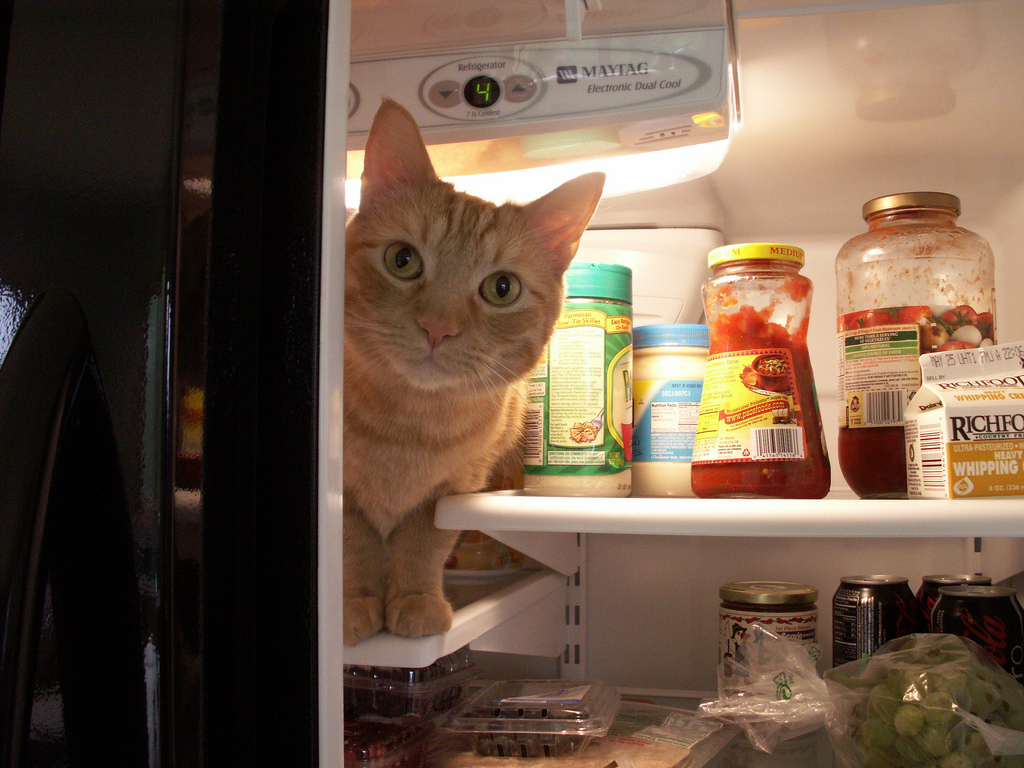How Can I Avoid Getting Sick From Listeria-Contaminated Food? Image courtesy of (Meggito)

(Meggito)
Our colleagues down the hall at Consumer Reports put together a great Q&A about where Listeria monocytogenes comes from originally, how it ends up in our food and most importantly how to keep it from multiplying.
Stereotypical candidates to carry listeria are soft cheeses (whether they’re made from pasteurized or unpasteurized milk) and deli meats, but cross-contamination and other bacteria-carrying vectors mean that bacteria can go from fruits or vegetables to insufficiently-cleaned machinery, theoretically contaminating entire batches of prepared foods.
Here’s one important thing to keep in mind: You should use up your meal leftovers within four days or so, but one thing that can affect the growth of Listeria in your refrigerated or frozen foods is the temperature of your fridge and freezer.
Prevent food poisoning from listeria bacteria [Consumer Reports]
Want more consumer news? Visit our parent organization, Consumer Reports, for the latest on scams, recalls, and other consumer issues.

